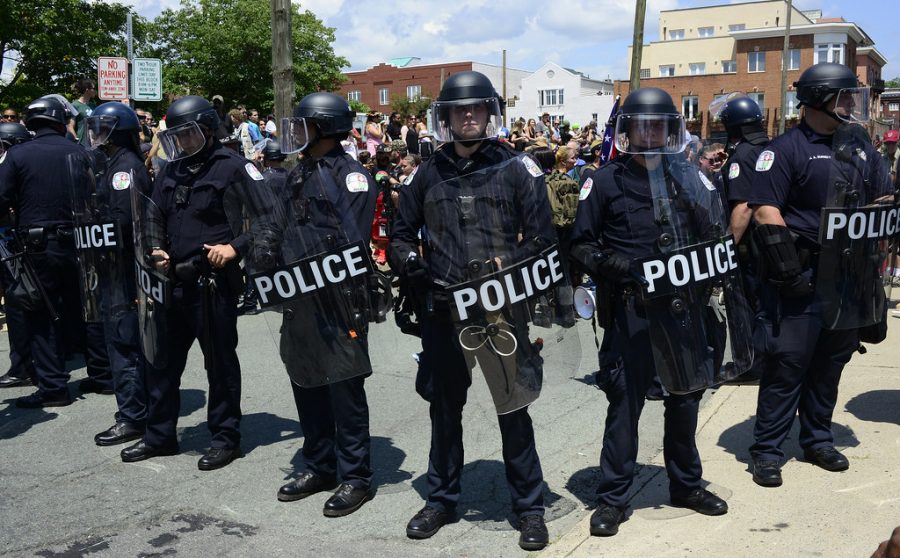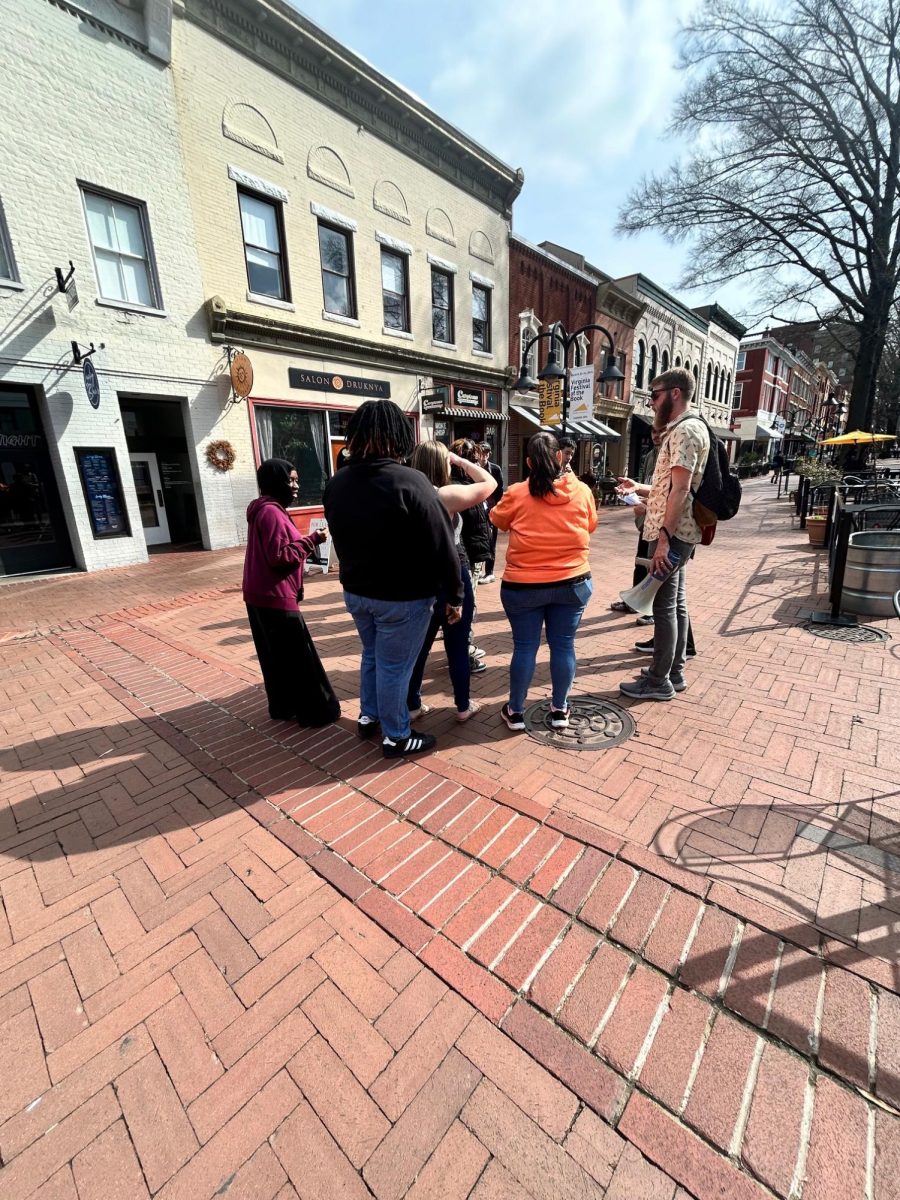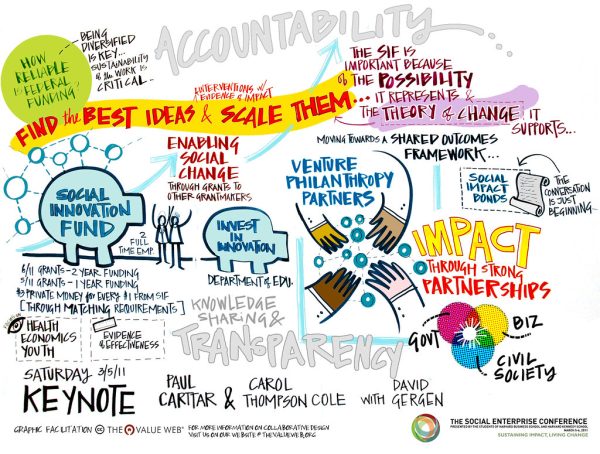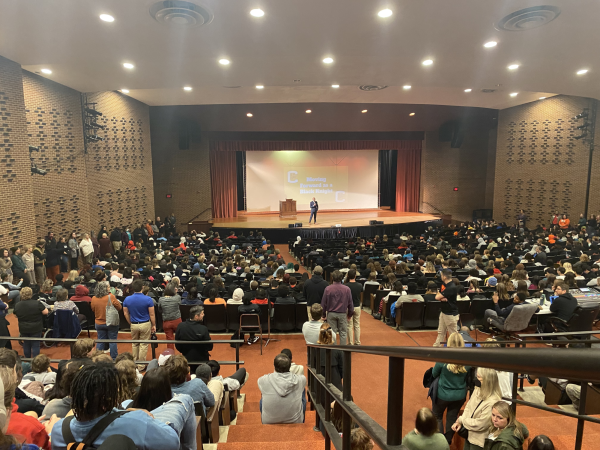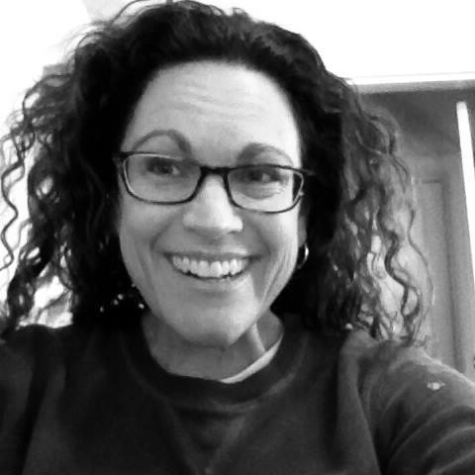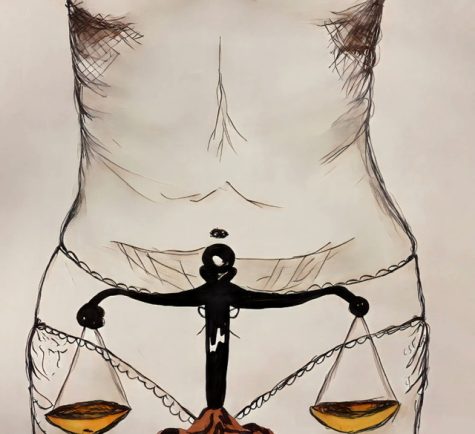Defund the Police and the Removal of SRO’s from Charlottesville City Schools
October 22, 2020
The death this past summer of George Floyd ignited a conversation that has challenged the status quo on policing like never before. The tragedy, along with the political unrest that followed, has caused many to question their views on the law enforcement system in America. The Black Lives Matter (BLM) organization, for example, has called for “a national defunding of police” and renewed “investment in our communities.” When a homeless man sleeps in a restricted section of a park, multiple armed officers aren’t necessary to get him to move places. During a KTR exclusive interview, Charlottesville Chief of Police, RaShall Brackney stated that, in such situations “the call load could be decreased, and fewer personnel could be used.” BLM also calls for the “demilitarization” of police, an understandable goal given the proliferation of military vehicles and even tanks in departments nationwide.
To some on both the left and right, however, the phrase “defund the police” has come to seem too vague, as many areas of law enforcement may actually require more funding to achieve some of the movement’s goals. Somewhere between 80% to 95% of police department budgets go toward personnel costs (salaries and benefits), while capital budgets (for vehicles, buildings, equipment, etc.) rarely exceed 10%. Demilitarizing the police, then, may not be consistent with large-scale defunding. Defunding the police would likely mean cutting officers’ salaries, which are already far lower than they should be. The current starting salary for police officers in Charlottesville is $44,000. “How do you attract individuals to a job, if you can’t give them a decent baseline salary?” asked Chief Brackney. “We are trying to attract the most qualified individuals that we can.”
She has a point. Usually, when we want to improve public institutions such as schools, we call for more funding for their employees. It is easy for people to admit that if we paid teachers more, we would have a larger applicant pool, and perhaps better teachers. The same goes for law enforcement officers. Higher salaries would lead to more job candidates with higher levels of education and more experience. This is not to mention the additional money that could be spent on de-escalation training for police officers, another goal of BLM. A more progressive tax system, like the ones suggested by Bernie Sanders or Elizabeth Warren, could provide more funding for communities while also maintaining or increasing funding for police.
However, just because police budgets shouldn’t be drastically cut doesn’t mean that police departments can’t be reformed. Several policies could create safer, more efficient, more responsible policing. The first action that could be taken by states is ending qualified immunity, which protects government officials (including police) from personal liability for any “clearly established” constitutional violations such as certain acts of brutality against citizens. Another action would be a ban on police unions. While these unions are helpful in creating better working conditions and raising salaries for officers, they also go to extreme lengths to protect officers under scrutiny for police brutality. While police unions aren’t allowed in Virginia, the Police Benevolent Association works to protect officers who may be guilty of misconduct. However, currently, the acquittal of potentially guilty officers doesn’t rely only on unions or organizations like the PBA, because there is an elected official who has to sign off on the requests or demands of the organizations. For one of the most important jobs in America, one that requires such care and precision to work effectively, only a fair and impartial court or review team should be able to dictate the culpability of the accused, and the officers should go through the same process as any other potentially guilty person.
In June, the movement to make police departments less involved in the community took effect locally, with the removal of School Resource Officers (SROs) from the Charlottesville City Schools. As Charlottesville Mayor Nakiyah Walker contended in an NBC29 interview, “Our public school system is an institution that mimics the prison-industrial complex rather than a safe space where students are able to unlock the jewels within their minds. SRO’s are simply one element that highlights this fact.” According to Chief Brackney, “SROs contribute to the school-to-prison pipeline.” Walker and Brackney, however, did not explain how SROs in Charlottesville contribute to this pipeline or how they disrupt the learning environment. The removal of SROs has not been uncontroversial. While there may have been justifications to take this action at other schools or in other school districts, the general consensus around CHS was that the SROs did a good job. They were “pretty well ingrained into our school” said Dr. Irizarry, and “we have done a good job keeping them out of the discipline process.” Dr. I did say, however, that he understands that “there may be different situations in other places.” But shouldn’t CHS’s SROs only be removed if they are negatively affecting CHS in particular? According to a survey conducted at CHS, more kids than not were unhappy with the decision to remove officers, and more kids reported that they would feel less safe without them present if a school shooter were to come to CHS. Why were our voices as students not heard on such an important matter?
All of these actions and ideas that involve changing the law enforcement system seem to be made with good intentions, but sometimes without a lack of full consideration. We shouldn’t let horrific examples of bad policing like we saw in the murder of George Floyd dictate how we change every police department across the country, or every school across the country. We need to think about what specific policy changes and actions will create better relationships between the police and the community on the local level. Every city is unique and every school system is unique, and they all need different things. We need to do a better job hearing the voices of every Charlottesvillian before decisions like this are made.


